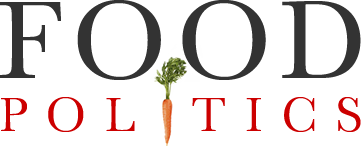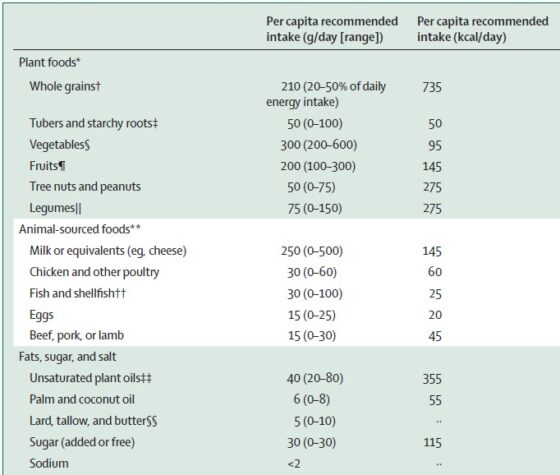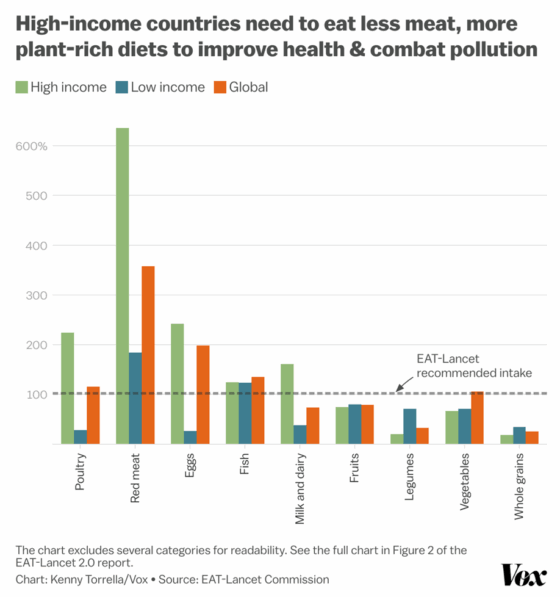|
Tuesday, 7 October 2025
Latest from Food Politics: The new EAT-Lancet report: "predominantly plant-based"
Subscribe to:
Post Comments (Atom)
Latest from Food Politics: Food companies want you to trust them-a lot
The Institute for Food Technology , which publishes Food Technology, has been exploring the growing challenge of misinformation and the impo...
-
The Northwest Mental Health Technology Transfer Center (NW MHTTC) is offering a ...
-
drvolcanoe posted: " " Respond to this post by replying above this line ...
-
By Abby Badach Doyle | NerdWalletAt the risk of jinxing it, things are looking u...




.png)
No comments:
Post a Comment